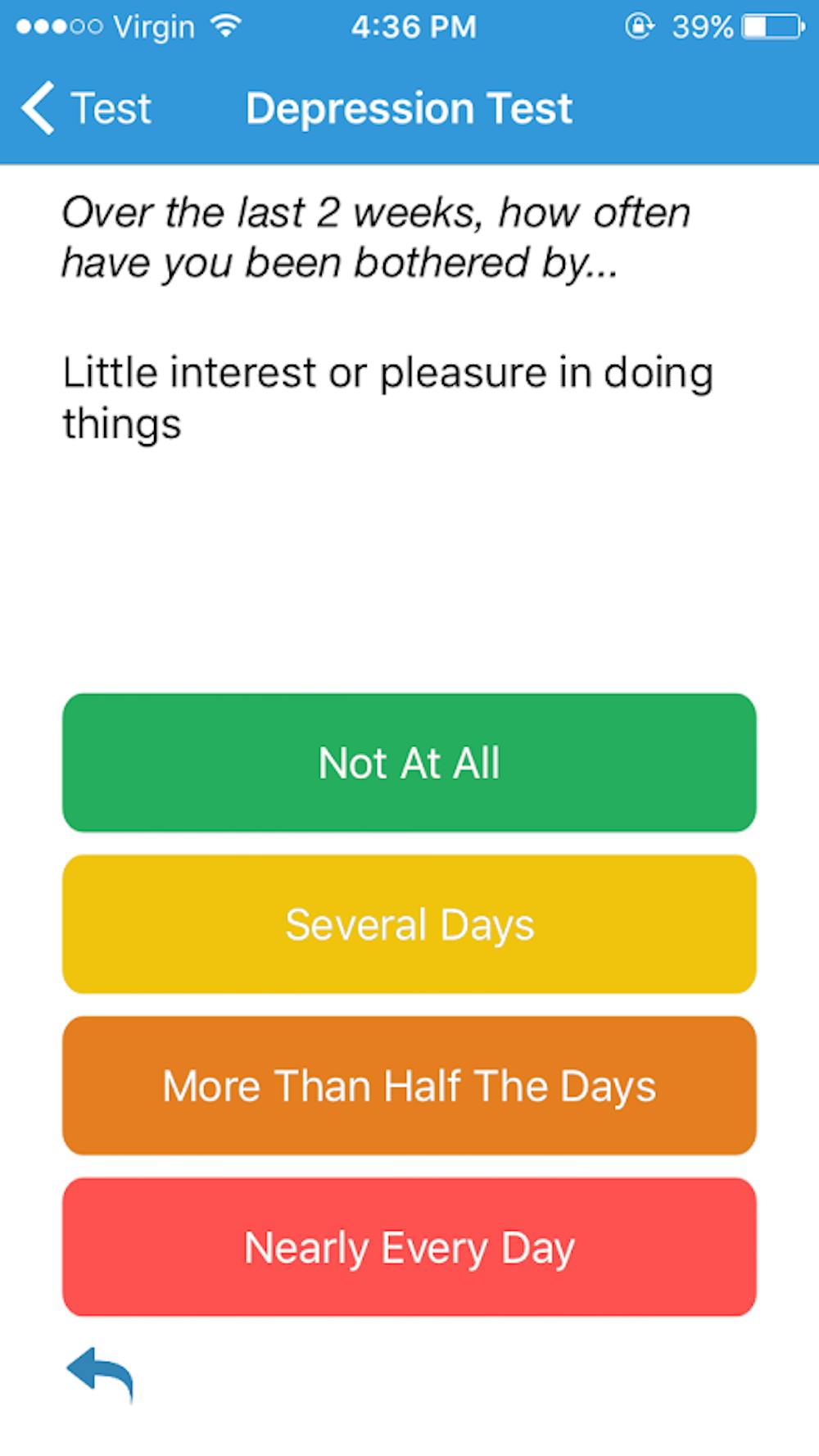When UNC School of Medicine student Eddie Liu was an undergraduate at Duke University, he decided to search the word “depression” in the App Store and see what popped up — the results were limited.
He said he decided he could design something better, even though he had not created an app before.
“I looked at the other apps and they were all pretty horrible,” Liu said. “Specifically, they were either expensive, ineffective or ugly—or a combination of all three.”
Now, during UNC's Mental Health Awareness week, this app is readily available.
Released two years ago via Android, MoodTools is now available for iPhones. The app has had more than 125,000 downloads worldwide in the past year, and Liu continues to improve it with software updates.
He said one of the app's most unique features is a suicide prevention tool, which contains a guide for dealing with suicidal thoughts and allows users to list warning signs and emergency contact information.
Guided meditation, TED Talks and a diagnostic test are also available in the app.
Of the 25 percent of U.S. adults with mental illnesses, the Centers for Disease Control and Prevention said anxiety and mood disorders are among the most common.
And due to UNC's competitive nature, Jessica Bartley, technological assessment coordinator and psychologist at Campus Health’s Counseling and Psychological Services, said anxiety is also the most common mental illness on campus.



